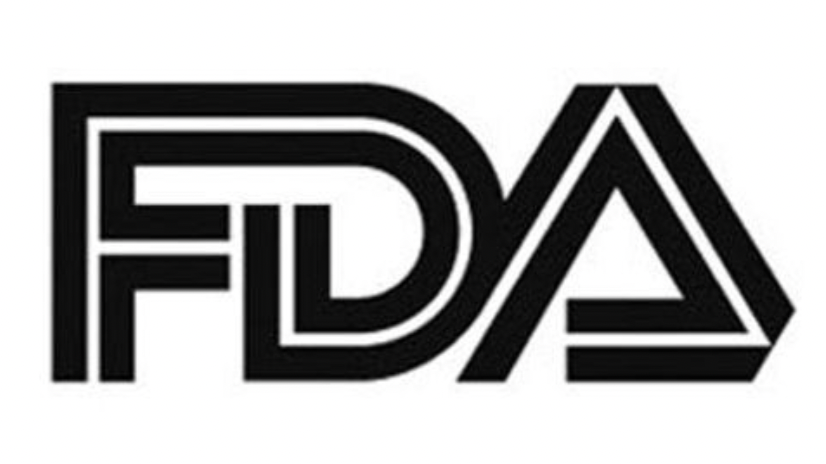FDA Approves Aprepitant Injectable Emulsion to Prevent Postoperative Nausea and Vomiting
Approval has been granted to aprepitant injectable emulsion by the FDA for the prevention of postoperative nausea and vomiting in adult patients.

The FDA has approved aprepitant (Aponvie) injectable emulsion for the prevention of postoperative nausea and vomiting (PONV) in adult patients, according to Heron Therapeutics, Inc.1
The basis of the approval comes from results from 2 multicenter, randomized, double-blind clinical trials which compared oral aprepitant with standard-care intravenous (IV) ondansetron injection in patients who were at risk of postoperative sickness following open abdominal surgery. Findings revealed that during the 48 hours following surgery, aprepitant resulted in 50% fewer patients vomiting than what was seen with ondansetron. Additionally, this form was associated with a favorable tolerability and safety profile.
This approval is the first and only IV form of aprepitant, which is designed to prevent nausea and vomiting in patients who underwent surgery.
"With the approval of [aprepitant] our acute care portfolio now addresses the 2 most common concerns of patients and clinicians after surgery, postoperative pain, and postoperative nausea and vomiting. This marks an important milestone for our expanding acute care portfolio and is a testament to our ongoing commitment to developing innovative solutions to help improve the overall patient experience after surgery," said Barry Quart, PharmD, chairman and chief executive officer of Heron Therapeutics, Inc, in the press release. "With approximately 36 million procedures in the United States each year in patients with high to moderate risk for postoperative nausea and vomiting, the approval of [aprepitant] provides an easy to use, highly effective option for these patients that fits seamlessly into our acute care franchise."
Postoperative nausea and vomiting are common adverse events of anesthesia and surgery. About 30% of patients who receive general anesthesia and up to 80% of high-risk patients experience these symptoms, demonstrating the need for more effective and preventative agents. Patient dissatisfaction after surgery is also linked with PONV as patients often rank vomiting as the most undesirable outcome of anesthesia. Additionally, postoperative nausea and vomiting is a significant risk in outpatient surgeries due to patients being discharged within hours after surgery and no longer having access to highly effective antiemetics.
Aprepitant is administered to patients through a single, 30-second, 32 mg IV injection. The substance P/neurokinin-1 receptor antagonist is indicated for the prevention of postoperative nausea and vomiting in adult patients.
The 32 mg dose has shown to provide therapeutic plasma concentrations for 48 hours or more and reaches drug levels associated with 97% or greater receptor occupancy in the brain within 5 minutes. These data provide an efficient response to increased risk of postoperative nausea and vomiting.
"Postoperative nausea and vomiting are commonly experienced after surgery and may result in increased hospital stays, prolonged recovery time, and decreased patient satisfaction" said Ashraf Habib, MBBCh, MSc, MHSc, FRCA, chief, Division of Women's Anesthesia at Duke University Hospital, in the press release. "Oral aprepitant has been used to prevent postoperative nausea and vomiting for more than 16 years and it is exciting to see that, with the approval of [aprepitant], physicians can now offer patients a more convenient IV injection that delivers the same effective treatment, with a 48-hour duration of effect, in a rapid, consistent and reliable way, ensuring a better experience for patients postoperatively."